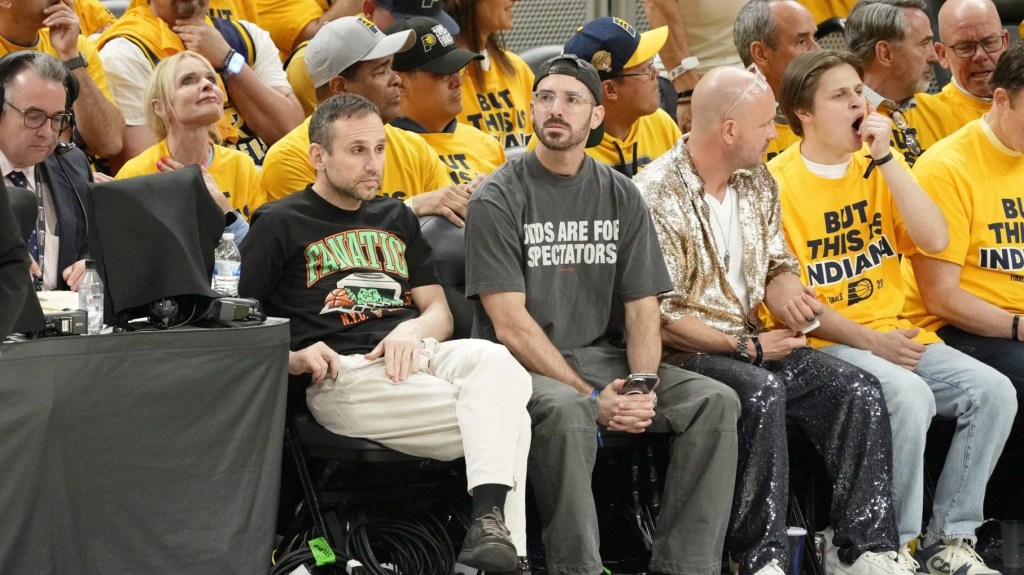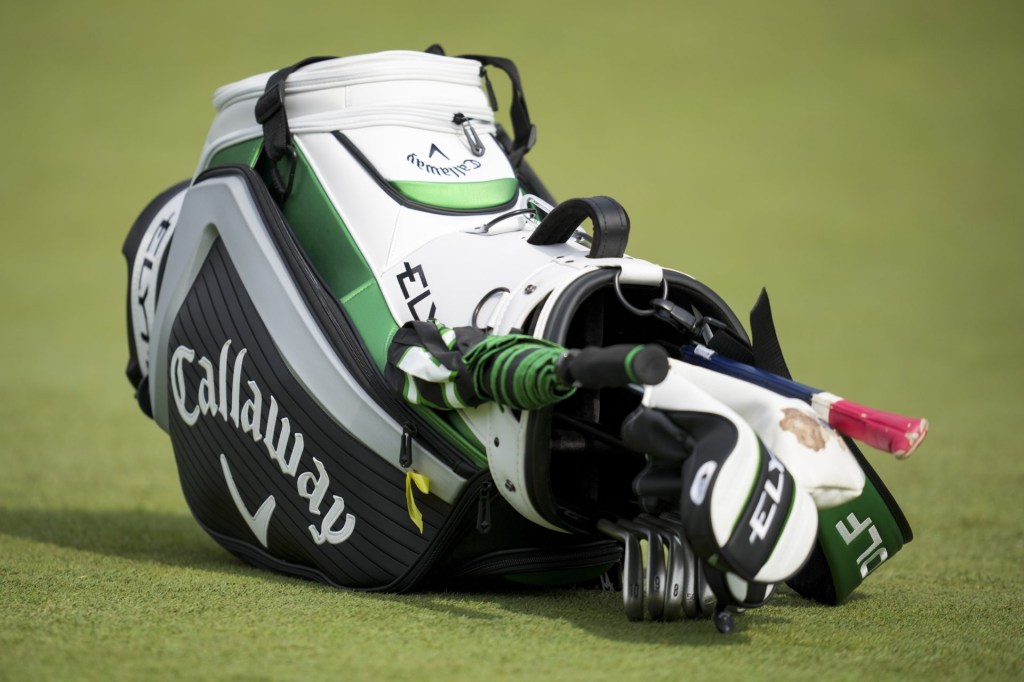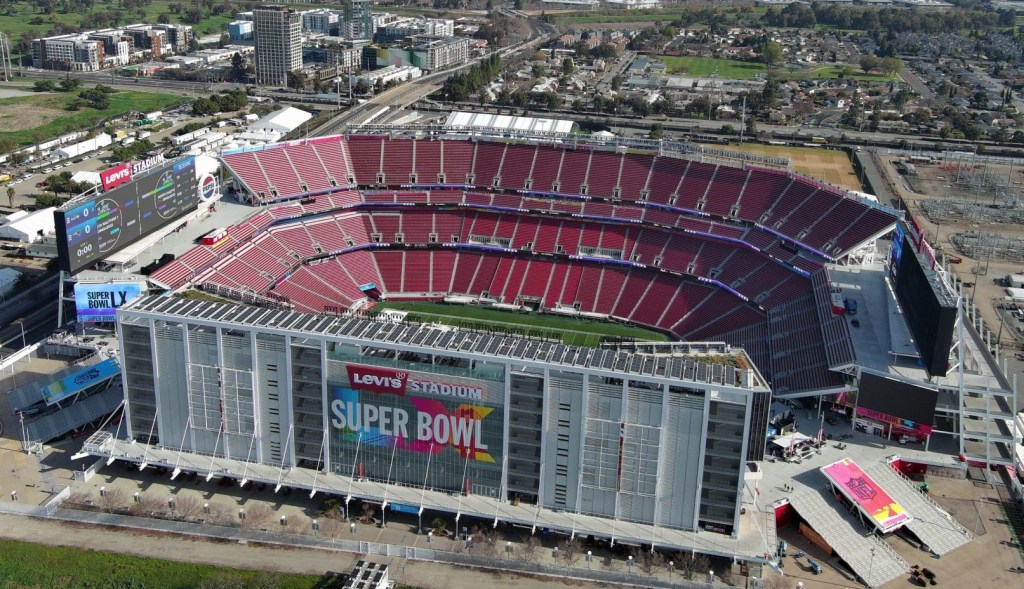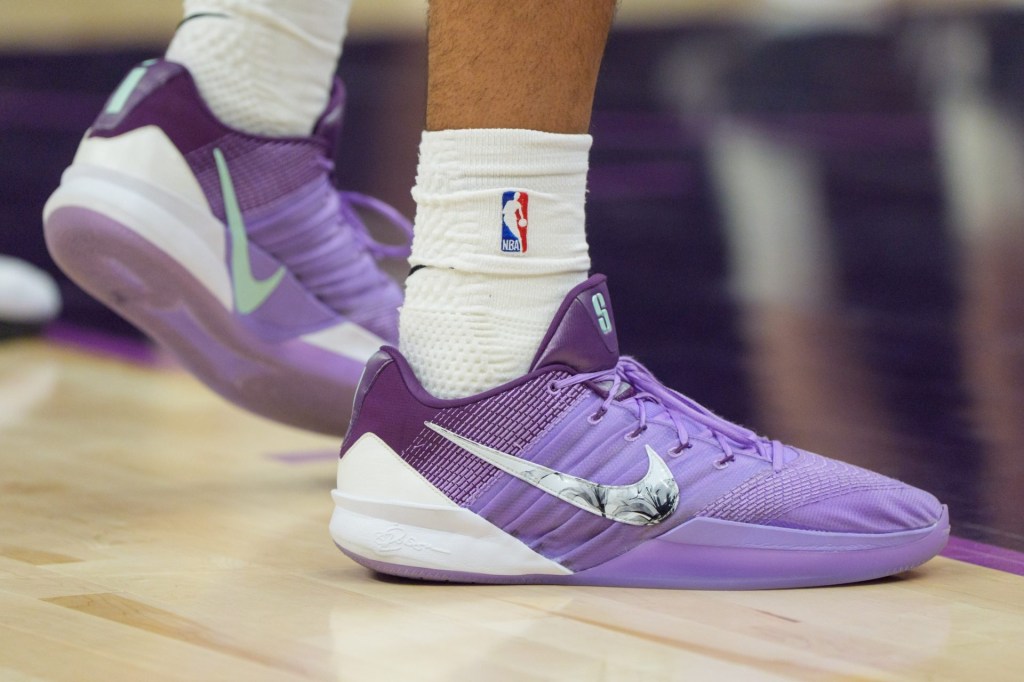Shares of sportswear retailers, including Adidas, Nike, and On Holdings, tumbled Thursday morning after President Donald Trump announced a slew of tariffs that would hit companies importing goods to the U.S.
Global markets were reeling after news of the tariffs came out, while the S&P 500 stock index, which represents the broader U.S. market, plunged 4.8% Thursday. In a much-hyped press conference Wednesday, Trump said he will impose a baseline 10% minimum tariff on U.S. imports from all countries, as well as “reciprocal tariffs” on goods from 29 trading partners, including major manufacturing hubs for multinational retail companies.
Vietnam—set to be hit with a 46% tariff—is among the most notable, since it has become a dominant sourcing country for Nike, Adidas, On, and others. Vietnam has largely replaced China as the main sourcing country for athletic footwear imports, especially after Trump imposed hefty tariffs on Chinese imports during his first presidential term. ING analysts wrote in a note that “Vietnam and Taiwan stand out with the highest total exposure to US imports—and with large direct exposure.”
Nike, which makes about 50% of its footwear and 28% of its apparel in Vietnam, closed 14% lower Thursday and lost more than $13.8 billion in market capitalization. (Market cap fluctuates with a company’s share price, and provides a quick estimate of a company’s value, in dollar terms.)
Shares of Zurich-based On Holdings, which makes 90% of its footwear in Vietnam, sank 16%. Vietnam is also Lululemon’s top supplier; shares of the athleisure company dropped more than 9%. Similarly, Vietnam is Adidas’s largest sourcing country—its shares slipped 10%.
Under Armour tumbled 18%, while Amer Sports, which owns brands like Salomon and Wilson, was 13% lower. Shares of Deckers Outdoor, which owns the shoe brands Hoka and Ugg and had moved most of its footwear sourcing from China to Vietnam, closed the trading session 14% down. Skechers, which makes all its shoes in Vietnam and China, saw its shares drop 17%.
The new tariffs are set to be imposed under the International Emergency Economic Powers Act, with the administration arguing that an unfair global trade system and significant trade imbalances constitute a national emergency under the law. The administration used the same law to impose tariffs on Canada and Mexico, citing fentanyl entering the U.S.
Bernstein analysts wrote that the first order effect on supply chains will be significant for global brands assuming the current tariff rates hold. Apparel and footwear brands source nearly all of their products from outside the U.S. and derive a substantial portion of sales from the U.S. “While many brands have been diversifying out of China (54% rate) over the past decade, countries where they have generally diversified to—such as Vietnam, Cambodia, Bangladesh, and Indonesia—are all facing 30+% tariff rates,” they wrote. And within this category, sports footwear will be harder hit, given its more concentrated supply chain and growing exposure to Vietnam.
The analysts estimated the reciprocal tariffs would subtract 4% from Nike’s and On Holdings’ gross profit margins and 2% from Adidas, given their high exposure to Vietnam and other Southeast Asian countries. (Gross margin is an important measure of profitability, measuring the percentage of revenue remaining after deducting the cost of goods sold.)
“Both large and small brands alike will be impacted significantly by the current tariff regime,” Bernstein wrote. However, they noted that more premium brands like On Holdings and Lululemon “will see less inflation impact and more ability to pass on prices to consumers.”




![[Subscription Customers Only] Jun 15, 2025; Seattle, Washington, USA; Botafogo owner John Textor inside the stadium before the match during a group stage match of the 2025 FIFA Club World Cup at Lumen Field.](https://frontofficesports.com/wp-content/uploads/2026/02/USATSI_26465842_168416386_lowres-scaled.jpg?quality=100&w=1024)
![[Subscription Customers Only] Jul 13, 2025; East Rutherford, New Jersey, USA; Chelsea FC midfielder Cole Palmer (10) celebrates winning the final of the 2025 FIFA Club World Cup at MetLife Stadium](https://frontofficesports.com/wp-content/uploads/2026/02/USATSI_26636703-scaled-e1770932227605.jpg?quality=100&w=1024)











